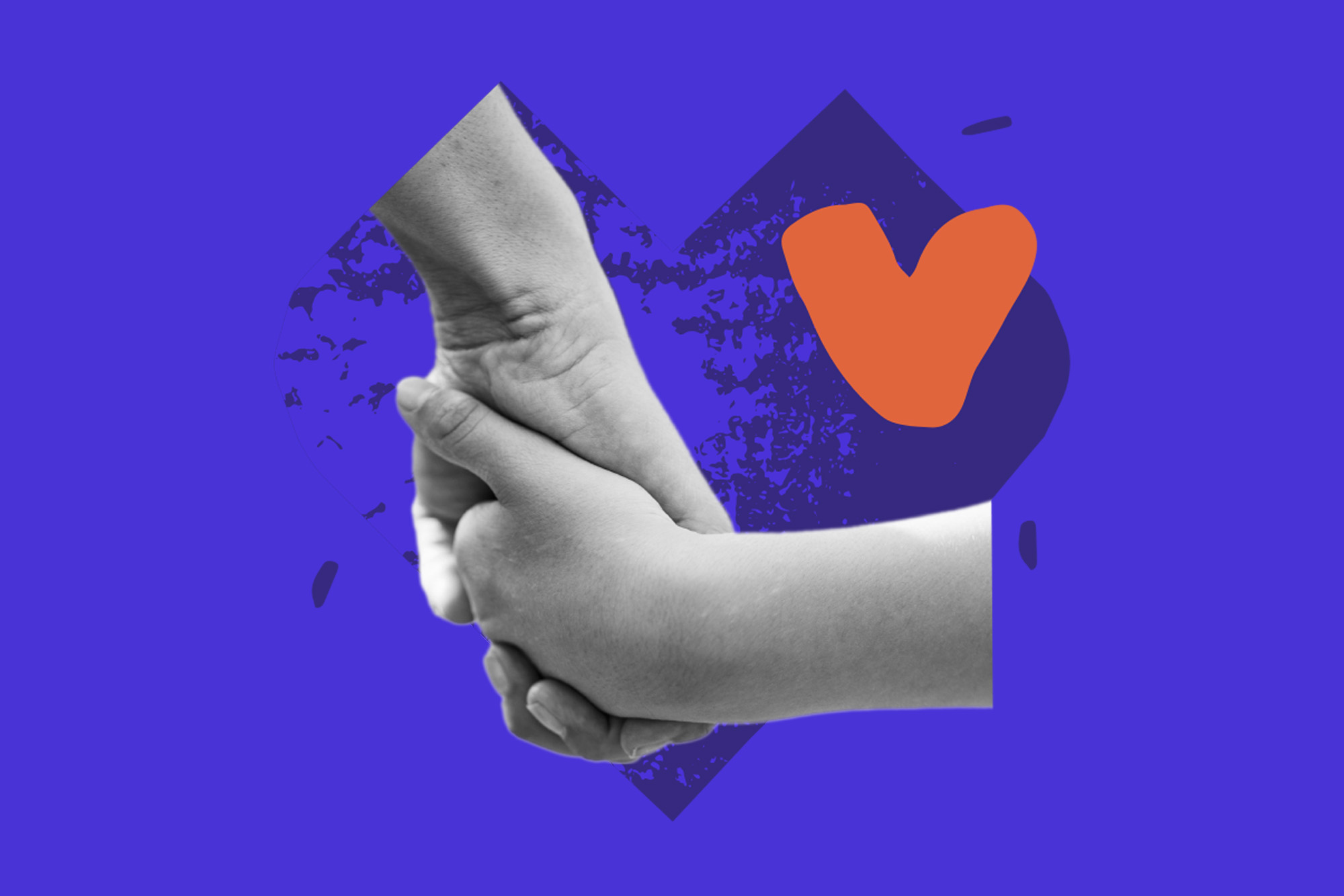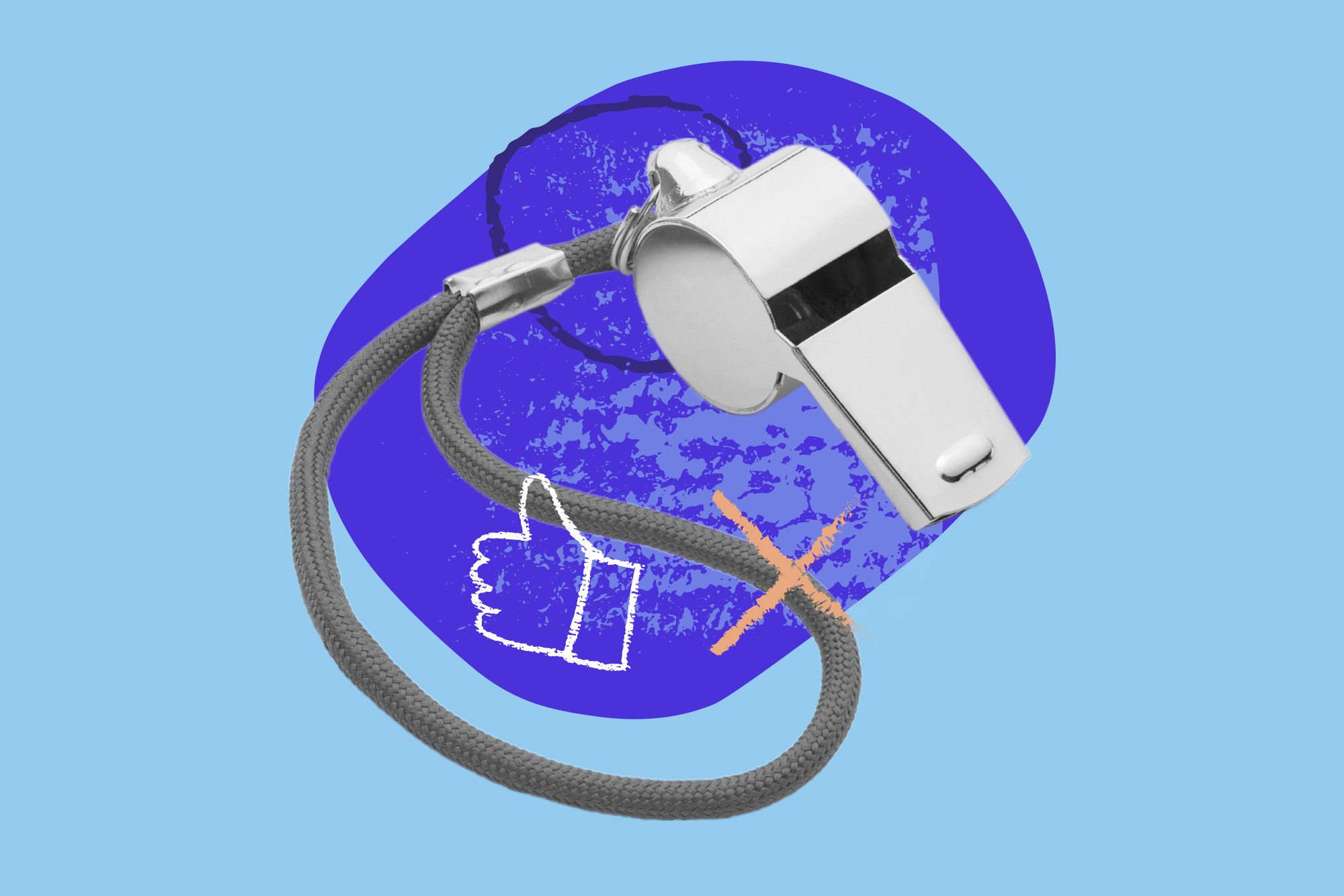Is “Fat” a Negative Word? Here’s What You Need to Know
Published May 29, 2025 | Last Updated October 1, 2025

When kids or adults ask, “Is being fat a bad thing?” they’re not just asking about a word—they’re asking about identity, respect, and how we talk about bodies. In a world full of confusing messages about appearance and health, it’s important to unpack this question with care and clarity.
What Does “Fat” Really Mean?
At its core, the word fat is a physical descriptor, just like “tall” or “short.” It describes body size, not personality, health, or worth. The problem is, society has layered that word with judgment.
Fat as a Neutral Descriptor
In some communities, especially in the fat liberation and fat acceptance movements, “fat” is being reclaimed as a neutral or even empowering term. People are challenging the idea that fat is something shameful or wrong.
But outside those spaces, fat is often still used as an insult or shorthand for being unhealthy or lazy. That’s why, for many people, it feels hurtful—even if it wasn’t meant that way.
Why “Fat” Feels Negative
Our culture has long associated thinness with value: beauty, health, and success. And on the flip side, being fat has often been tied to negative assumptions like laziness, lack of willpower, or poor health. These stereotypes aren’t just false—they’re harmful.
This is called weight stigma or anti-fat bias, and it’s everywhere—from jokes on TV to biased treatment in healthcare and schools. Weight stigma doesn’t motivate people to be healthier; it actually contributes to higher stress, disordered eating, and avoidance of medical care.
Is It Okay to Use the Word “Fat”?
It depends on how it’s used and how the person hearing it feels.
- If someone describes themselves as fat in a confident, matter-of-fact way, that’s their choice—and it might be empowering. It is never our job to label others, but instead, to use reflective language to mirror the terms with which people use to identify.
- But if the word is used as a weapon to criticize, shame, and harm others, it becomes a slur.
Tone, context, and respect matter. That is why at WithAll we recommend refraining from body comments (especially judgments—whether positive or negative) in most cases. If you’re unsure, ask: “How would you like me to refer to your body?” That might feel awkward at first, but it’s a powerful way to honor someone’s identity and boundaries.
Talking to Kids About Body Size
Kids pick up on body language—literally and figuratively. If they hear adults using “fat” as a bad word, they’ll quickly learn to fear or judge that label. It is important that the word fat is regularly used in a respectful manner to ensure that we are fully seeing, respecting, and valuing fat people and to help children stop equating “fat” with all its negative connotations (i.e., it becomes a neutral descriptor).
Here are some helpful ways to communicate this:
- Talk about what bodies can do, not just how they look.
- Use neutral, descriptive language around weight.
- Emphasize respect for all bodies, regardless of size.
- Do not make comments on your body or the bodies of others.
- If your child makes a harmful fat comment on their body or the body of others, get curious:
- Instead of – “You’re not fat!” say “Is fat something that is concerning to you?”
- Instead of reprimanding a child for calling someone fat (e.g., “That’s not nice!”), say “Isn’t it neat that bodies come in all different shapes and sizes?”
Remember, children aren’t born with body shame. It’s something they learn. We can help change that.
Final Thoughts: Let’s Change the Conversation
So, is “fat” a negative word? It doesn’t have to be. The word itself isn’t bad, but the way it’s used and the weight it carries in our culture can make it feel that way. By being mindful about how we talk about bodies, we can start to untangle shame from size—and help ourselves and our kids build healthier, more respectful relationships with our bodies.
This article was reviewed by Kelsey A. Varzeas, PhD, LMHC, CMPC from our Expert Advisory Panel.
Not sure how to handle “fat talk” or body comments from kids?
Download our free Body Comments Guide — a practical resource with simple phrases and tips to support kids’ body confidence and self-worth.


